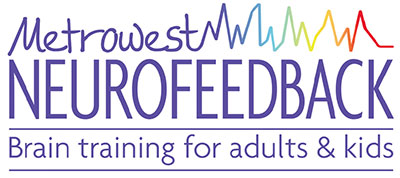Articles
Infra-Low Frequency Neurofeedback for Optimum Performance
by Siegfried Othmer, Ph.D. and Sue Othmer
A method of non-prescriptive neurofeedback is described that is based on the brain interacting with its own tonic slow cortical potential. In the absence of any explicit guidance by the clinician, the training depends entirely on the brain’s response to the unfolding signal. When this training is performed under optimal conditions in terms of placement and target frequency, there is a bias toward optimal functioning. The brain utilizes the information for its own benefit. The outcomes of the training are either comparable to or exceed expectations based on conventional EEG band-based neurofeedback. Results are shown for a cognitive skills test for an unselected clinical population.
The Growing Role of Neurofeedback in Integrative Medicine
by Siegfried Othmer
We are at the threshold of revolutionary change in our approach to mental dysfunctions as they come to be seen primarily in the frame of neural network relations. To date the recovery of brain function has been approached mainly in the frame of neurochemical models, but even this principally involves neurochemistry in the service of neural communication.
American Academy of Pediatrics lists Neurofeedback as “Level 1 Research- Best supported Interventions
The American Academy of Pediatrics reviews the quality of clinical research for treatment with children. Their “Evidence-based Child and Adolescent Psycho-social Interventions” sites neurofeedback and biofeedback as Level 1 Research — Best Supported interventions.
This is strong confirmation on the effectiveness of neurofeedback for attention disorders.
The ISNR Comprehensive Bibliography of Neurofeedback in Scholarly Articles
Our Goal:
To compile and maintain a complete, comprehensive list of all neurofeedback related articles which meet the following requirements:
1. The article must utilize or discuss neurofeedback
2. The article must be published in a scholarly, peer-reviewed journal
